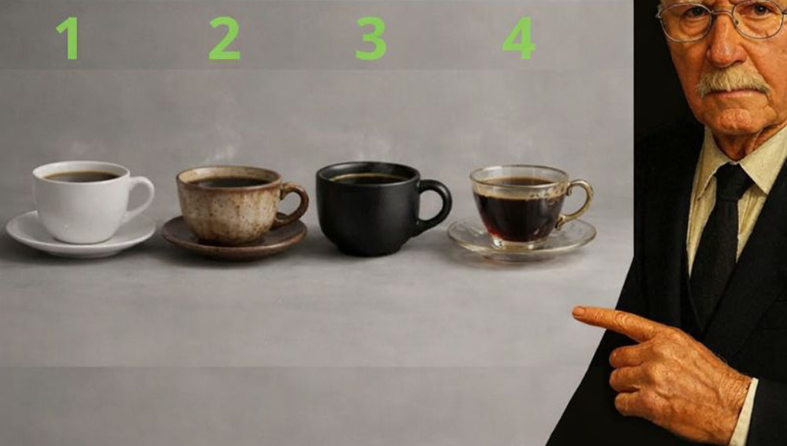Certain moments slip into our lives so softly that we barely register their arrival, yet years later we find ourselves returning to them, tracing their edges like treasured photographs. That is exactly how it felt on an ordinary afternoon when my 68-year-old grandmother sent a brief message into our bustling family group chat. She wondered, almost in passing, whether anyone might be able to spare a small amount of money for her; nothing pressing, nothing dramatic, simply a gentle request tucked between everyone else’s appointments and obligations. Many relatives saw the words and kept scrolling. Work deadlines loomed, children needed picking up, errands demanded attention; life carried on. Yet those few lines stayed with me, glowing quietly on my screen long after the conversation moved elsewhere. Two days later, I transferred the modest sum she had mentioned, smiling at the thought that I could ease whatever small worry she carried. I never imagined that simple gesture would become the final kindness I would ever offer her. That same night, she slipped away peacefully while she slept, and her humble message transformed into something sacred and immense.
When word of her passing reached us, sorrow spread through the family like ripples across still water; shock gave way to tears, tears gave way to questions, questions gave way to a heavy, collective silence. For me, however, an ache deeper than grief took root. Why had she needed money at all? Why had she phrased her need so delicately, almost as though she feared she was imposing? Searching for understanding, I drove to the little house where she had lived for decades. The front door greeted me with its familiar creak, yet the air inside felt different, still and reverent, as if the rooms themselves were holding their breath. In the kitchen, illuminated by the gentle light that filtered through lace curtains, the answer waited patiently on the table: a handful of modest groceries and, beside them, a gift bag tied with ribbon, my name written across the tag in her careful, looping handwriting.
My fingers trembled as I lifted the bag. Inside lay a scarf she had knitted herself, stitch by loving stitch; the wool soft and thick, chosen in my favorite shade of deep forest green. Around it was wrapped a single sheet of paper, folded with the same precision she brought to everything. In words that wavered only slightly from age, she thanked me for always remembering to call, for asking how she was even when my own days felt overwhelming. She wrote that she hoped the scarf would wrap me in warmth whenever winter winds arrived. Then, with the humility that defined her entire life, she apologized for having to ask for help at all, explaining that she never wished to trouble anyone and had needed only “a little” to complete something meaningful for me. Even as her strength faded, even when her own resources ran low, her thoughts remained fixed on giving rather than receiving. She wanted her final act to be one of quiet, overflowing love.
I carried the scarf to her armchair in the living room and sat where she used to sit, pressing the fabric against my heart while memories rose like gentle tides: her hands kneading bread dough at dawn, her soft humming as she folded laundry, the way she always saved the ripest strawberries for everyone else. That handcrafted gift, so simple in appearance, carried the full weight of a lifetime spent placing others before herself. In the hush of that familiar room, surrounded by photographs and the faint scent of lavender, a truth I had somehow overlooked for years settled over me with perfect clarity: the souls who speak most softly often love most deeply. My grandmother’s parting gesture had nothing to do with money and everything to do with the legacy she chose to leave behind. It served as a tender yet unshakable reminder that the quiet givers among us; those who ask for little and offer everything; deserve our attention, our time, our care while they are still here to feel it. Sometimes, the smallest act of kindness we manage to give becomes the most enduring gift we ever receive in return, warming us long after the hands that made it have been laid to rest.






